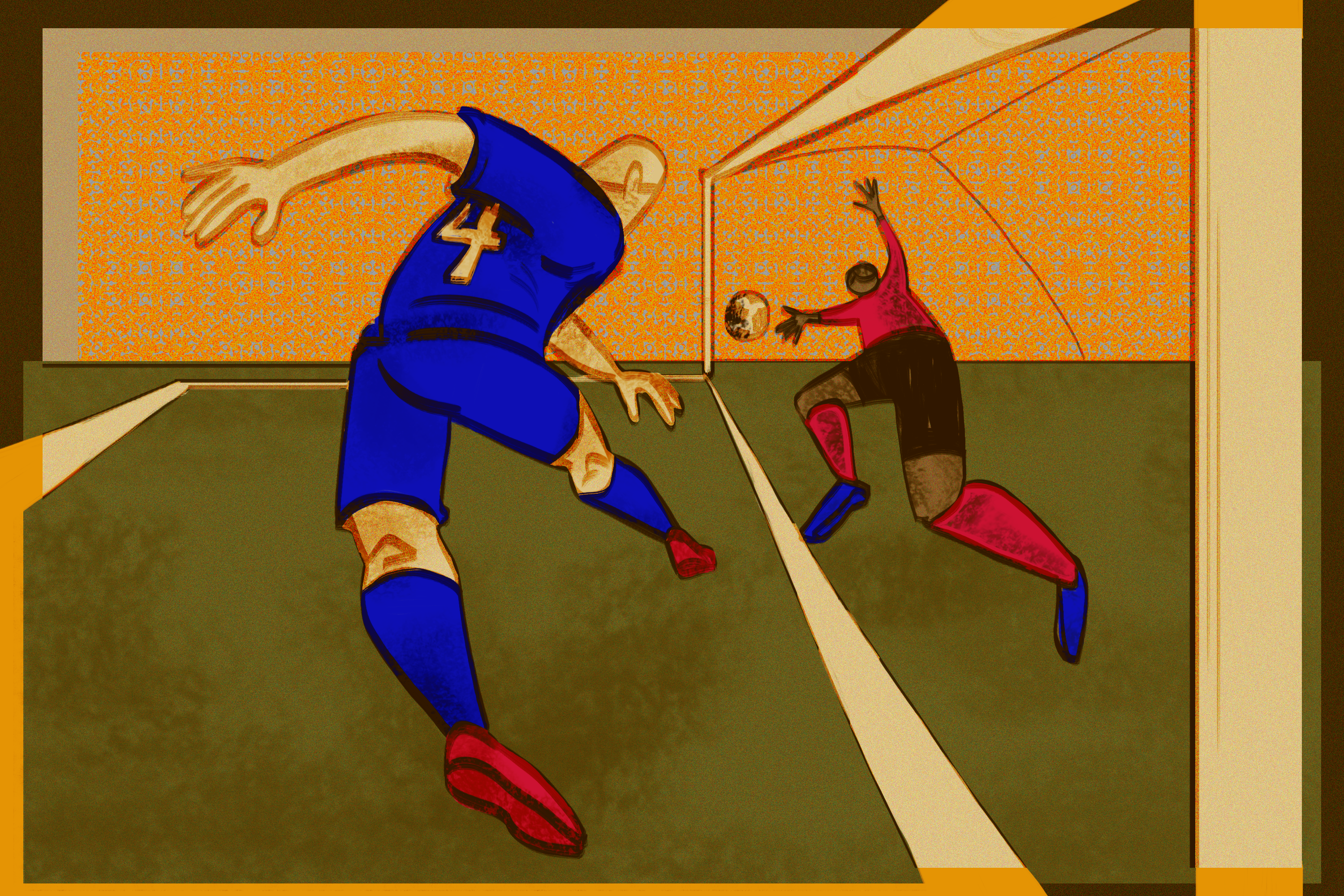Multiple teams will make their bid at winning this summer’s main football event.
The European Championship playoff round took place on March 26 to decide which final teams in the tournament would be. Now that the groups are set, it is time to deliberate who will be crowned European Champions in 2024.
This year’s tournament will include a mix of soccer powerhouses along with teams that may go under the radar. Six groups of four teams each will battle in the first round—the group stage—to decide who advances to the knockout rounds. The top two teams from each group, along with the best third place teams in the tournament, will punch their ticket to the next round.
In Group A, the host country, Germany, is likely a favourite to advance through to the knockout round. Young talent in attacking midfielder Kai Havertz, as well as established goalkeeper Manuel Nauer give the hosts a big advantage against opposing countries. Scotland, Hungary and Switzerland will battle tough to be the runner-up and clinch their spot in the next round.
Another notable group in the tournament is Group D. France, who came in second place at the 2022 FIFA World Cup, is likely to win the group. The runner-up spot is likely to be a tough battle between Netherlands, Austria and Poland.
England is also a favourite in Group C with Slovenia, Denmark and Serbia. The same thing goes for Belgium in Group E with Slovakia, Romania and Ukraine. Group F is likely to be topped by Cristiano Ronaldo’s Portugal squad, as they will compete against Turkey, Czechia and Georgia.
Finally, the stacked Group B—ranked third in Europe is Spain. The Spanish powerhouse comes into the tournament with one of the most balanced squads in the world made up of striker Álvaro Morata, midfielder Dani Olmo and goalkeeper Unai Simón. Though they are favourites to win the tournament, advancing to the knockout stage will not be a breeze for Spain. First, they will have to get through Croatia. Led by the veteran striker Luka Modrić, Croatia came in third place at the 2022 FIFA World Cup.
They did, however, finish the Euro Qualifying stage by losing to Wales, whose team failed to qualify for the tournament. Despite the talent of both Spain and Croatia, the competition does not stop there. Italy, winner of the 2020 European Championship, comes into the tournament as the 18th nation in Europe. Yet, Italy has the experience as one of the top nations in the world. Striker Federico Chiesa and goalkeeper Gianluigi Donnarumma have the potential to carry Italy to the knockout stage even against the toughest opponents. Albania, the final nation in the group, will be up against large competition and will have to go on a magical run to make it out of the group stage.
The European Championship is a world-renowned tournament for a reason. Once again in 2024, it will be a best-on-best frenzy to see which nation will be crowned champions of the football capital of the world.
